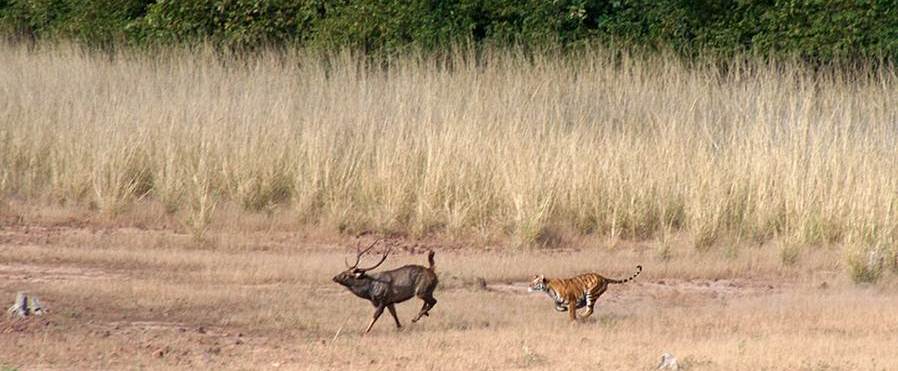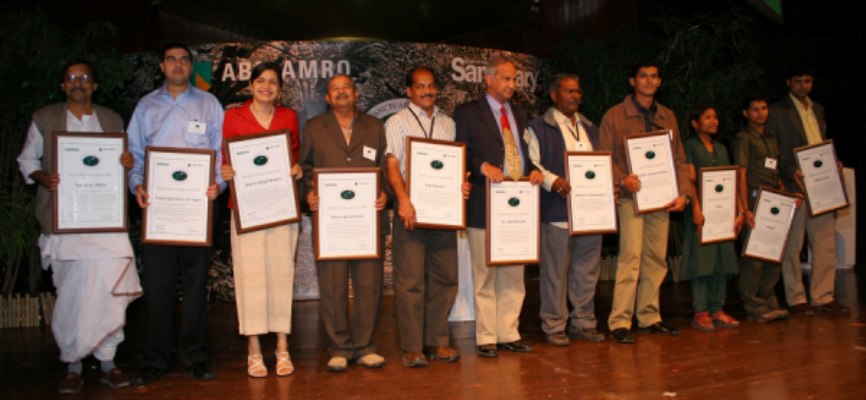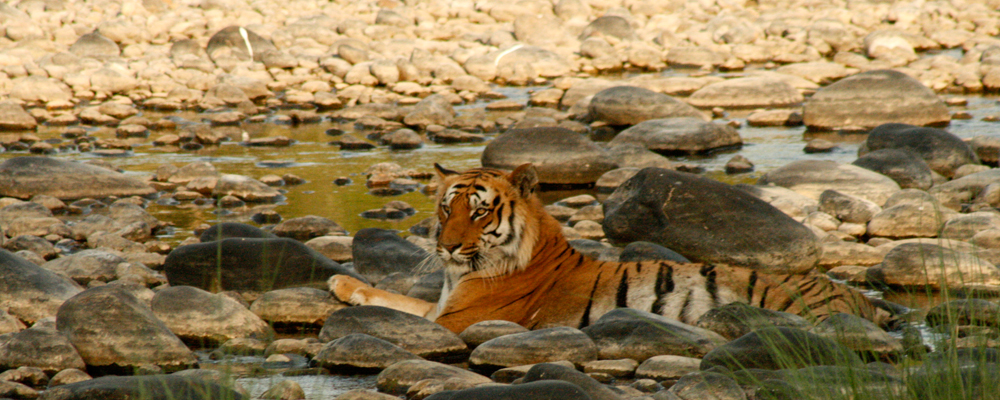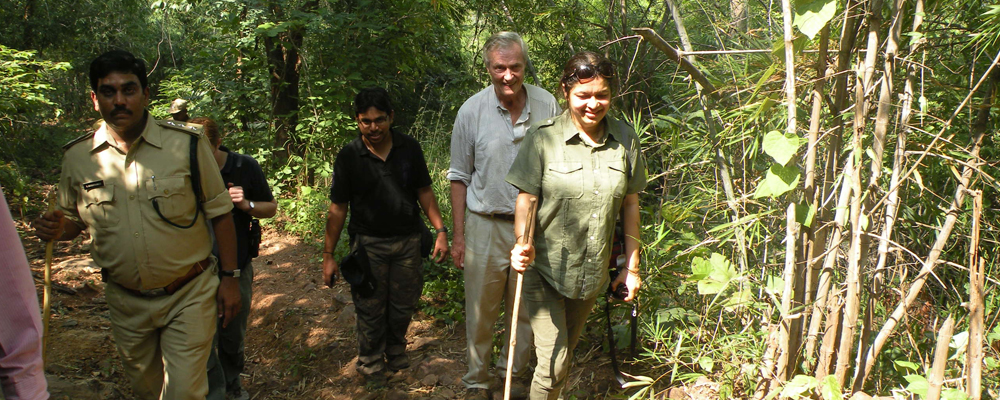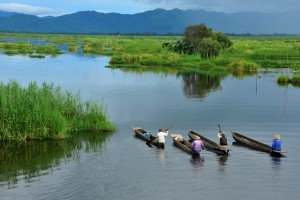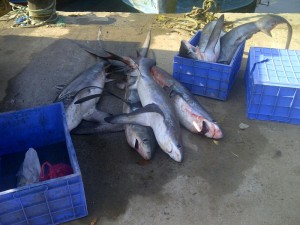Manas: Nobody’s tiger reserve…
Manas, today, again stands at breaking point. Two days ago, with the outbreak of violence in the region, over 5,000 villagers surrounded and mobbed the Bansbari Range Office causing extensive damage and compelling Forest staff to fire in self-defence. Another camp in the national park, Narayangudi, has been burnt and destroyed and park vehicles have been targeted too. Vehicles of conservation NGOs working the region were also attacked. It is reported that there is a move to withdraw all arms from forest staff in Manas NP. If this is done, how will they defend themselves and the wildlife of Manas in the face of such threats? It is critical to strengthen the security by putting in paramilitary forces till situations improve and normal patrolling inside Manas can be facilitated. Equally, the forest staff and management of Manas must be supported and strengthened.
